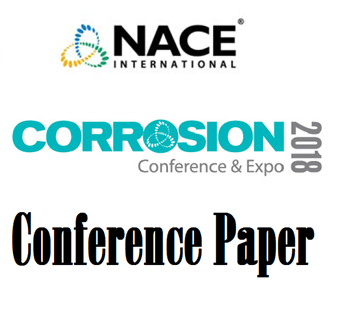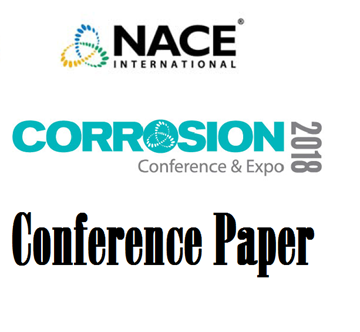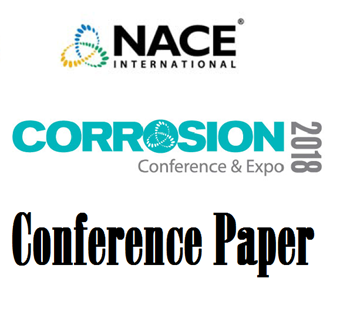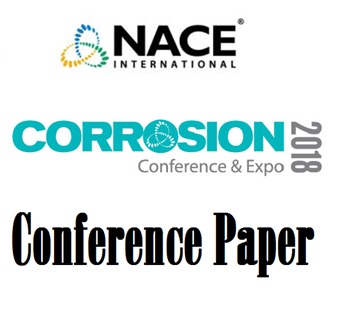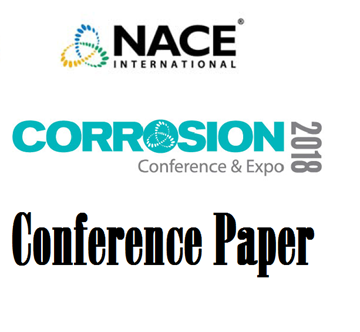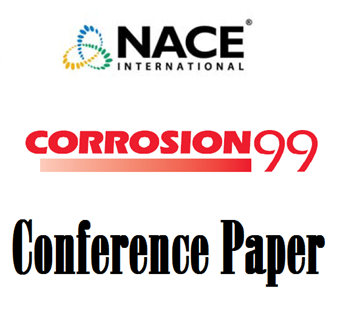Search
Chemical Inhibitors
View as
Sort by
Display
per page
51318-11269-Localized Corrosion in the Presence of Corrosion inhibitors at High Flow Velocities in CO2 Environment
Product Number:
51318-11269-SG
Publication Date:
2018
$20.00
51318-11505-Evaluating the impact of different families of scale inhibitors on corrosion inhibitor performance
Product Number:
51318-11505-SG
Publication Date:
2018
$20.00
51318-11517-The Effect of Corrosion Inhibitors on Corrosion Fatigue under Complex Environmental Conditions
Product Number:
51318-11517-SG
Publication Date:
2018
$20.00
51318-11537-Effect of Corrosion Inhibitor Alkyl Tail Length on the Electrochemical Process Underlying CO2 Corrosion of Milld Steel
Product Number:
51318-11537-SG
Publication Date:
2018
$20.00
51318-11540-Experience from ER Probes and Coupons from Under Tank Applications of VCI
Product Number:
51318-11540-SG
Publication Date:
2018
$20.00
51318-11663-Use of electro chemical method to determine biocide efficiencies of peracid solutions
Product Number:
51318-11663-SG
Publication Date:
2018
$20.00
99010 EVALUATING THE EFFECTS OF TEST METHODS AND FLUIDS COMPOSITIONS ON THE PERFORMANCE OF CORROSION INHIBITORS ELECTROCHEMICALLY
Product Number:
51300-99010-SG
ISBN:
99010 1999 CP
Publication Date:
1999
$20.00
99300 HALOGEN COMPATIBLE TREATMENT PROGRAMS FOR OPEN RECIRCULATING COOLING WATER SYSTEMS
Product Number:
51300-99300-SG
ISBN:
99300 1999 CP
$20.00
99304 ADVANCES IN ZINC FREE ALKALINE COOLING WATER TREATMENT
Product Number:
51300-99304-SG
ISBN:
99304 1999 CP
$20.00
99307 MINIMIZING LOCALIZED CORROSION VIA NEW CHEMICAL TREATMENTS AND PERFORMANCE BASED TREATMENT OPTIMIZATION AND CONTROL
Product Number:
51300-99307-SG
ISBN:
99307 1999 CP
$20.00
99332 Alloy 825 and 718 Gasket Corrosion in Deep Water (500m) Connections
Product Number:
51300-99332-SG
ISBN:
99332 1999 CP
$20.00
99342 ANT NEST CORROSION -- EXPLORING THE LABYRINTH
Product Number:
51300-99342-SG
ISBN:
99342 1999 CP
$20.00

